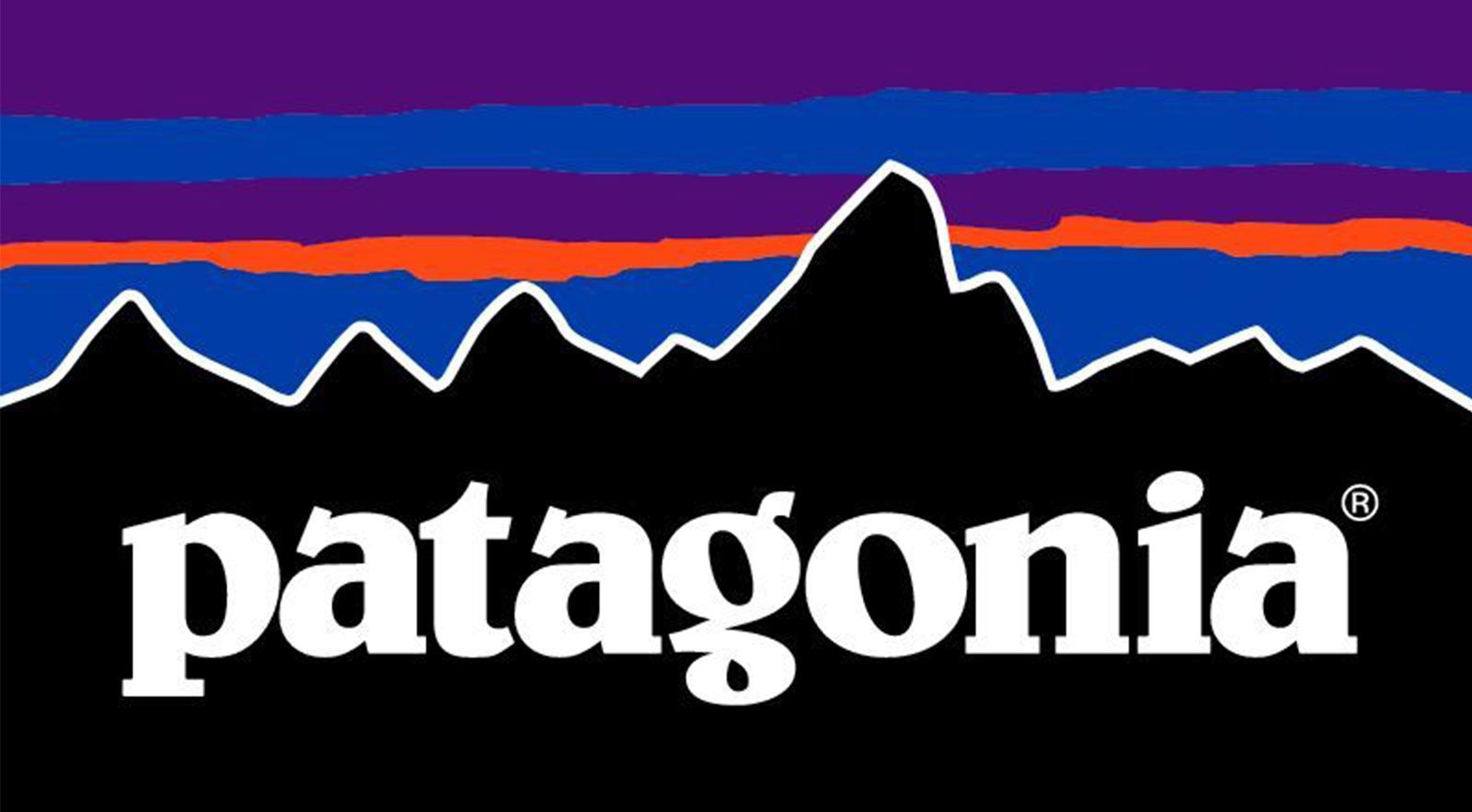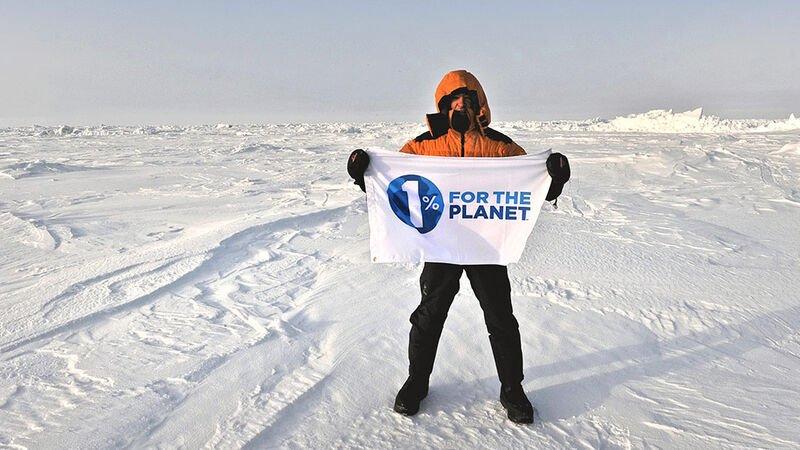

Nov 22, 2022
Patagonia is built like an ‘un-company.’ When founder Yvon Chouinard set out to build his brand, his main mission was taking care of his employees, his customers, and more than anything, the planet.
As I’m sure many of us have seen, Chouinard recently gave away the billion dollar company, setting it up in a trust and non-profit, so that 100% of the profits could go towards that last goal: saving the planet.
Patagonia has its social mission as its heart, and the key to their success as a business is in large part due to their success in hiring, maintaining, and motivating the right (mission-driven) people. So how do they do this?

Yvon Chouinard, Founder of Patagonia
Patagonia’s commitment to their mission starts at the hiring process. They read their resumes bottom-up, instead of top-down - they’re interested in the hobbies, interests, and volunteer work. At the end of the day, they want to know that their employees enjoy the outdoors, are connected to the brand’s mission, and what they’re already doing to support it. It’s a holistic approach that means they’re hiring human beings, instead of their skills and experience. They want their employees to see the company’s social mission as a way of life, not just a job.

So, they’ve gone through this hiring process where they’re looking for people who eat, sleep, and breathe the environment and the outdoors. What next? Patagonia doesn’t want their people to lose these qualities once they’re in the building. So they offer benefits that let their employees be the people they hired.
A lot of these benefits then go towards supporting their employees’ environmental passion. For example, if someone’s been with the company for a year, they can take up to two months paid leave to go volunteer with an environmental organisation or project. They also pay bail for their employees (and their spouses) that get arrested peacefully protesting for the environment (or recently, for reproductive rights). They recognise their employees are the types of people who care deeply and passionately about this mission, and they support them getting on with it outside of their 9 to 5.

But the signature benefit at Patagonia isn’t about the environment at all - it’s about the people we’re saving the environment for. Patagonia hopes to pass down a better environment to future generations than the one we have now, they care because they want their kids to have a better future. So they have excellent childcare benefits. They have three onsite childcare centres, pay for nannies on business trips, allow kids in meetings, and have bilingual programmes and certified teachers. And most importantly, they don’t cut these benefits when they’re going through difficult financial times. They prioritise wellbeing over profit.

No one can save the planet alone. Patagonia’s culture thrives on teamwork and collaboration. They reward team players, not solo stars. Our trend article this week mentions bringing back the water cooler moments in the office - Patagonia’s office is one big water cooler moment. The whole office space is open, with no private offices (not even for the founder, who shares a desk with everyone else and still pays for his own lunch at the cafeteria).

More than just sharing one big office with the founders and CEOs, Patagonia’s entire corporate structure is framed as more of a network than a traditional pyramid. If something needs to get done, the CEO will speak directly to the people doing it, even if they’re entry level. They organise town-hall style meetings where the entire team can contribute (think of the Citizens’ Assembly model we recently discussed here), and all decisions are made through consensus. As Patagonia themselves put it: the board picks the mountain, the players define how to conquer it.

Even before the pandemic hit, Patagonia was already embracing flexible working practices. Their employee handbook is literally called “Let My People Go Surfing.” On one hand, they want to support their employees with families, who’s workdays might look slightly different to allow for picking the kids up from school or prepping dinner early (they care about future generations, remember?).
On the other hand, they also just understand that the people they hire are the type of people who’ll want to set aside their work when the waves are good or the powder is down. As long as the work gets done, they don’t want to rob their employees of the exact qualities that make them such a good fit for the company.
Patagonia isn’t doing any of this because they want to look good on paper, or win an award for coolest company, or because employee wellbeing is suddenly trendy. All of those things are just a side effect. They’re implementing these programmes because they care about their employees, and they realise that their employees care about their mission. Supporting their wellbeing and their connection to the company’s impact is only going to make them more driven and engaged.
And their strategy is working. Patagonia has grown to a billion dollar company counting 3000 employees, with only a 4% turnover each year - that’s beyond minimal. For the jobs that do open up, they get approximately 9000 applications. Patagonia, like many charities, has their values and mission at the core of everything they do, and that is exactly where they thrive.